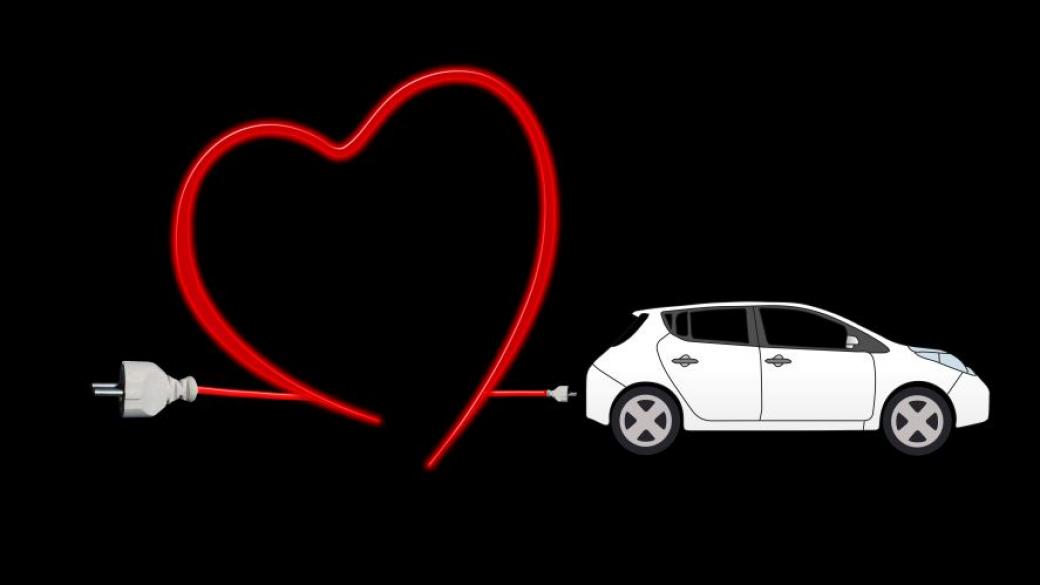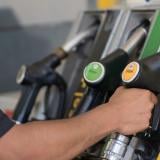Electrify Everything
Can the production of electric cars survive without strong state protection

© ECONOMIC.BG / Pixabay
The concept of “Electrify Everything” is gaining ground around the world. At the time of the Bolshevik Revolution, Lenin's definition of communism was "Soviet power plus electrification". Today, capitalist production seems to be looking intently toward its electrification, which is reflected mostly in the automotive industry, but is also present in other transport solutions.
In November 2017, in the suburb of the
Chinese city of Guangzhou located on the delta of the Pearl River, was launched
the world's only electric cargo ship with a total displacement of 2,000 tons.
It has 2 electric motors and a 2400 kWh lithium accumulator. It takes two hours
to fully charge the accumulator - as much as is needed for the unloading and
loading of the ship. The ship can travel at a maximum speed of 12.8 km/h and
has a self-navigating range of 80 km. It will be used for river transport.
This autumn, the Chinese Deputy
Minister of Industry and Information Technology, Sin Gobin, said his government
is preparing a plan to stop the production and sale of gasoline and diesel
cars. 2030 is mentioned as the probable time when the ban will be introduced.
This happens at a moment when
Toyota announced its plans to stop the selling of new diesel cars in Europe. In
September, the British automobile manufacturer Jaguar Land Rover stated that
from 2020 all new cars would be electrically powered. The announcement of the
company, owned by the Indian Tata Motors, came a week after another British
manufacturer, Aston Martin, stated at the end of August that he would electrify
all his cars until 2025. This summer, the Swedish company Volvo declared that
it would end the production of cars powered only by gasoline or diesel, and
from 2019 it would develop hybrid vehicles only.













